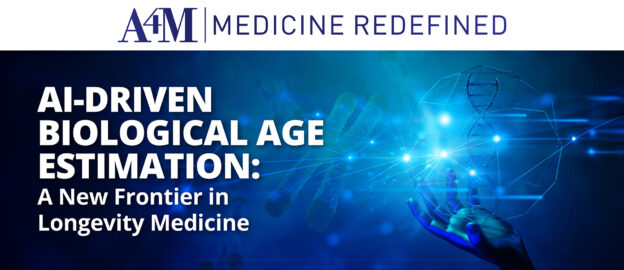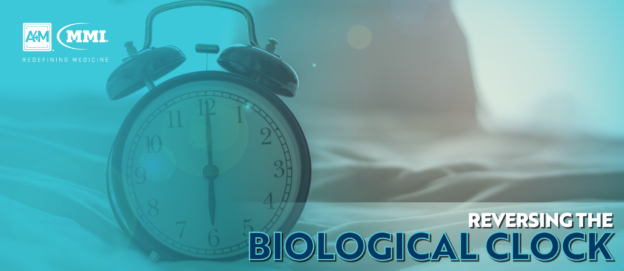While the current increasingly aging population and enhanced human lifespan are signs of great advancement in medical technology, population aging also contributes to a variety of socioeconomic, environmental, and healthcare-related difficulties, significantly straining the global economy and healthcare system. The medical community began investigating potential biomedical strategies of reversing the aging process several years ago in the hopes of diminishing cognitive decline, weakening of the immune system, and other negative effects of biological aging. In doing so, researchers have made significant discoveries in the field, one of which now provides a definitive basis of measurement for determining biological age – the epigenetic clock.
Developed by Dr. Steve Horvath, professor of Human Genetics and Biostatistics at UCLA, the epigenetic clock utilizes the body’s epigenome and specifically, changes in DNA methylation state to determine a person’s biological age, which may often exceed or fall behind their chronological age. Dr. Horvath’s discovery has helped to elucidate novel aspects of the aging process and deepen our current understanding, promoting further research efforts aimed at uncovering the complexities of reversing systemic aging. Thus far, attempts at the reversal of biological aging have not been confirmed by epigenetic age changes although the latest trial results from California implicate the potential to effectively reverse the aging process for the first time.
Continue reading →


